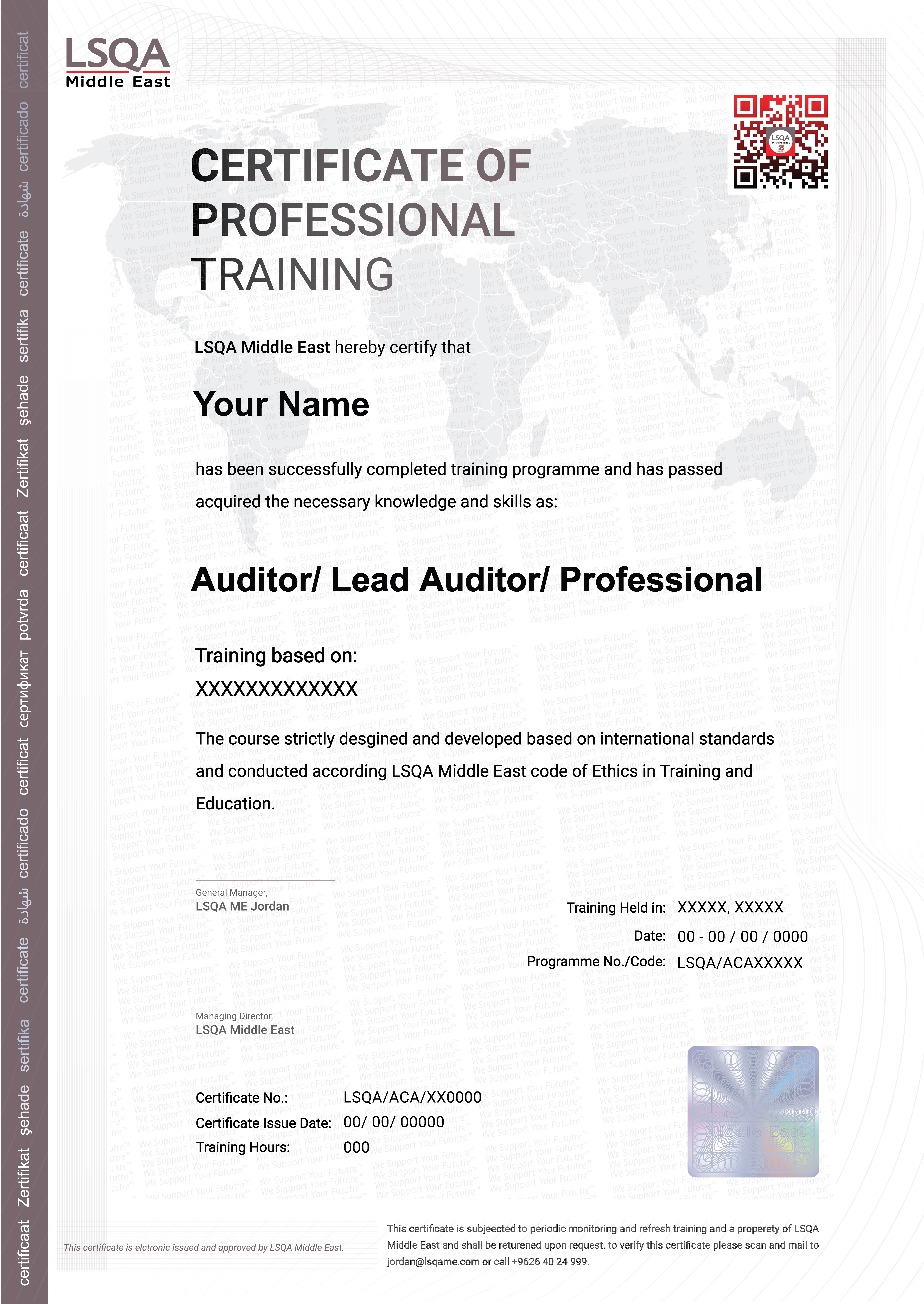When it comes to social compliance, a social audit is one of the most effective ways to examine the working conditions at a supplier site and build supply chain transparency.

SMETA (Sedex Members Ethical Trade Audit) is one of the most commonly used social audits globally and uses Sedex’s social auditing methodology
SMETA was created to allow suppliers to share one audit report with multiple customers, which helps reduce duplication and audit fatigue. SMETA reports are published in the SEDEX system, ensuring transparent and efficient information sharing.
The audits use the ETI Base Code, which was founded on the conventions of the International Labor Organization (ILO) and applicable local laws and regulations. The Sedex Members Ethical Trade Audit (SMETA) audit protocol is the standard for inclusion in the Supplier Ethical Data Exchange (Sedex).
SMETA audits can be conducted against either two or four pillars, depending on the needs of supply chains. The two mandatory pillars are Labor Standards and Health & Safety. The two additional pillars of a 4-pillar audit are Business Ethics and Environment. The latest version of SMETA, SMETA 6.1, was updated in May 2019.
Benefits of SEMTA Audits?
Third-party social compliance audits in general can help organisations to identify critical issues in their business practices and empower them to mitigate and manage supply chain risks. There are a variety of reasons that you may need a SMETA audit in particular:
- Your customers may have requested it to show that you comply with ethical standards and working with you does not pose a risk to their reputation
- It minimizes audit fatigue as you can share results with multiple potential customers, reducing costs and saving time
- It demonstrates that you are committed to a safe and fair working environment for your employees
- Allow brands to assess their suppliers, showcase their dedication to upholding human rights and monitor health and safety for their workers.
LSQA conducts on-site SMETA audits at factories around the world to assess how labor, health and safety, environmental and business ethics standards are being met. Sedex members are then allowed to store, share and report on this information in a secure, online database in an effort to improve working conditions in the global supply chain.
SMETA audits performed by LSQA Middle East are designed to be accepted by all Sedex A and AB members, as well as other customers and stakeholders, in order to:
- Reduce audit fatigue by providing one format for audits that is widely accepted
- Motivate the workforce, while improving efficiency in the workplace
- Enhance ethical trading programs currently in place
- Answer questions on ethical performance from non-government organizations and customers
Why work with LSQA Middle East?
As a Sedex Affiliated Audit Company (AAC), LSQA have demonstrated compliance with Sedex’s stringent AAC requirements. Our social compliance auditors are approved to conduct SMETA audits and use their expertise to provide buyers and suppliers with the insights and information needed to achieve their social compliance and ethical goals. We can execute Sedex SMETA audits on behalf of both members and non-members.
















